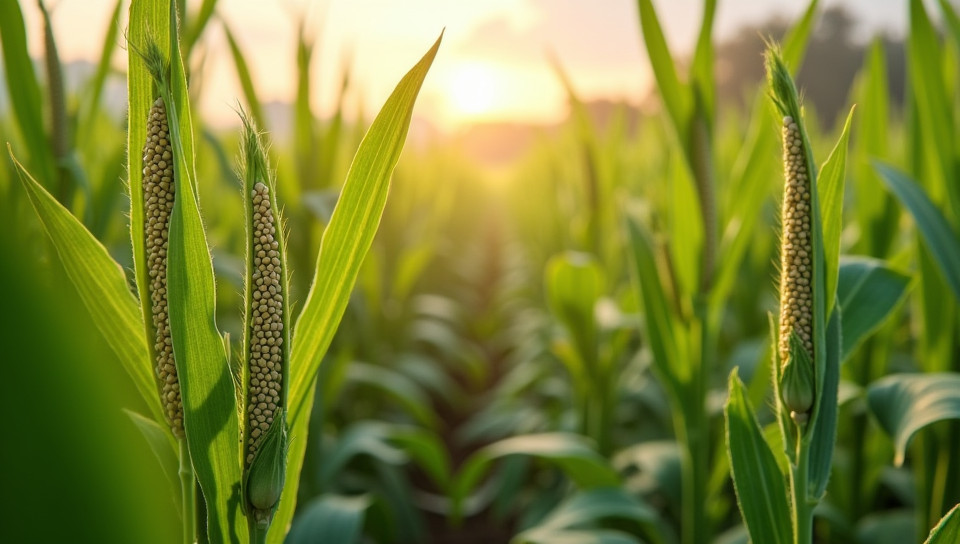Animal feed production is often linked to soybean cultivation 95%

The Hidden Connection Between Animal Feed and Soybean Cultivation
As the world grapples with the challenges of sustainable food production, animal feed production has emerged as a critical component in the global agricultural landscape. While it may seem unrelated to soybean cultivation at first glance, the two are more intertwined than one might think.
The Rise of Soybeans in Animal Feed
Soybeans have become an essential ingredient in animal feed due to their high protein content and versatility. As demand for meat and dairy products continues to grow, the need for efficient and sustainable feed production has never been greater. Soybeans are not only a primary source of protein for livestock but also serve as a key component in poultry and swine feed.
The Impact of Soybean Cultivation on Animal Feed
The cultivation of soybeans has had a profound impact on animal feed production, with the majority of global soybean production being used for animal feed. This has led to concerns about deforestation, water pollution, and soil degradation associated with large-scale soybean farming.
- Deforestation: The expansion of soybean crops has contributed significantly to deforestation in regions such as the Amazon rainforest.
- Water Pollution: Soybean cultivation requires extensive irrigation, leading to water pollution through runoff and leaching of fertilizers and pesticides.
- Soil Degradation: Intensive soybean farming can lead to soil erosion and degradation due to the lack of crop rotation and inadequate soil management.
The Future of Sustainable Animal Feed Production
As consumers increasingly demand more sustainable food options, animal feed production must adapt to meet these expectations. This requires a shift towards more environmentally friendly practices, such as:
- Promoting crop rotation and intercropping to reduce soil degradation
- Implementing integrated pest management techniques to minimize the use of pesticides
- Supporting small-scale soybean farmers through fair trade practices
Conclusion
The connection between animal feed production and soybean cultivation is a complex one. As we move forward, it is essential that we prioritize sustainability in both practices. By adopting environmentally friendly farming methods and promoting fair trade practices, we can ensure that the growth of global demand for meat and dairy products does not come at the expense of our planet's resources.
- Created by: Maria Thomas
- Created at: Aug. 20, 2024, 11:12 p.m.
- ID: 7887







